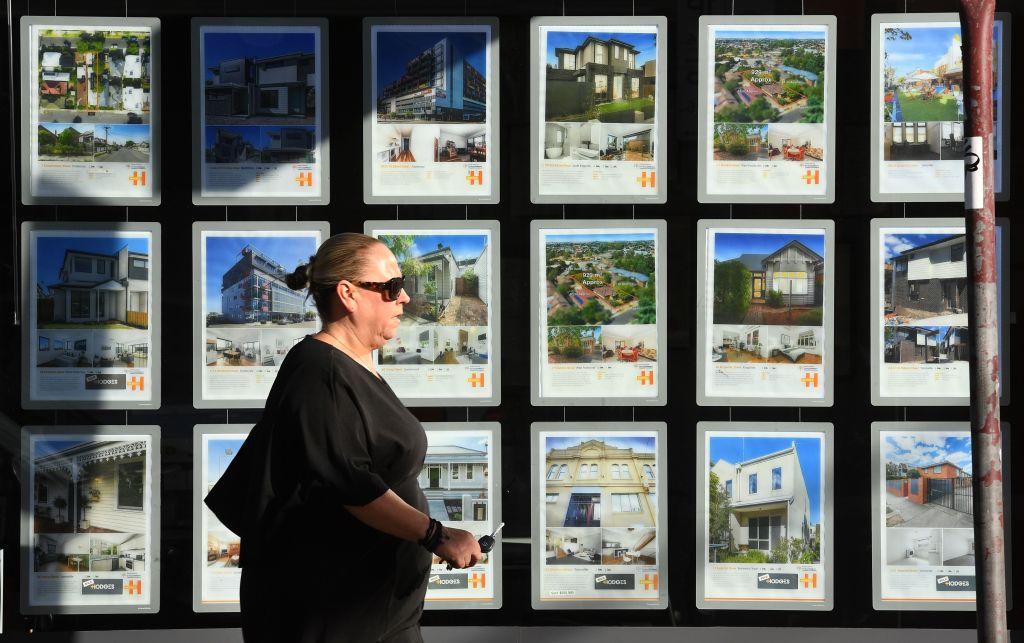“It was so outrageous that we assumed it would never pass,” was one comment passed on to Antonia Mercorella, CEO of the Real Estate Institute of Queensland (REIQ).
“I think a number of us were scratching our heads wondering who came up with this particular reform because I think it’s really taking tax to a new level, and it is concerning,” she told The Epoch Times.





